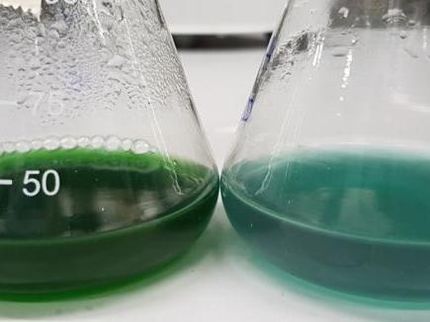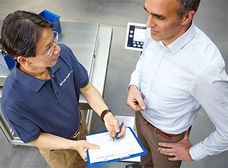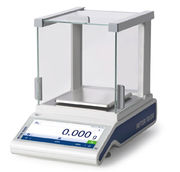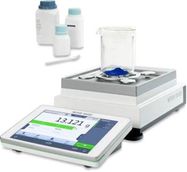New understanding of how big molecules bind will lead to better drugs, synthetic organic materials
Advertisement
Biological and medical research is on the threshold of a new era based on better understanding of how large organic molecules bind together and recognise each other. There is great potential for exploiting the molecular docking processes that are commonplace in all organisms to develop new drugs that act more specifically without adverse side effects, and construct novel materials by mimicking nature.
A recent workshop on Biosupramolecular Chemistry organised by the European Science Foundation (ESF) strengthened Europe's platform for progress towards these goals by bringing together scientists in the relevant fields and identifying key research targets. The workshop also identified some applications close to fruition, including the engineering of bacteria to produce silks as strong for their thickness as spider webs. It has been a longstanding challenge to emulate the mechanical properties of spider silk, which combines stiffness and tensile strength with the ability to become elastic under high strains to protect against destruction. A recent project led by Thomas Scheibel at the Technical University of Munich is close to a solution that could have a host of practical applications ranging from biodegradable fishing line to body armour.
The artificial spider silk production exemplified the expertise and skills required for successful applications in biosupramolecular chemistry, in this case by combining genetic engineering with sophisticated micro-manipulation techniques to optimise production of the desired material. Firstly genes were inserted into the bacteria to produce proteins as similar as possible to spider silk. Then microfluidic approaches, dealing with fluids at very small scales, were used to fabricate the silk. Finally the mechanical properties were optimised further by substituting some of the amino acid components of the proteins.
Other applications of biosupramolecular chemistry are further off, but coming into range, according to the ESF workshop convenor, Professor Anthony Davis from Bristol University in the UK. But the most important aspect of the ESF workshop was the bringing together of scientists in two previously distinct fields, said Davis. "Our main aim was to get two groups of scientists talking to each other - the supramolecular chemists, and a group of biologists who might be termed 'biomolecular engineers'," said Davis. "Certainly this objective was fulfilled." Supramolecular chemists study and manipulate the interactions between molecules in general, while biomolecular engineers specialise in exploiting the large organic molecules found in Nature.
Having identified many promising avenues of research, the ESF workshop is likely to be followed up by further meetings, according to Davis."We hope to organise another meeting in 2009, and maybe keep going to create a regular series of symposia."


































































